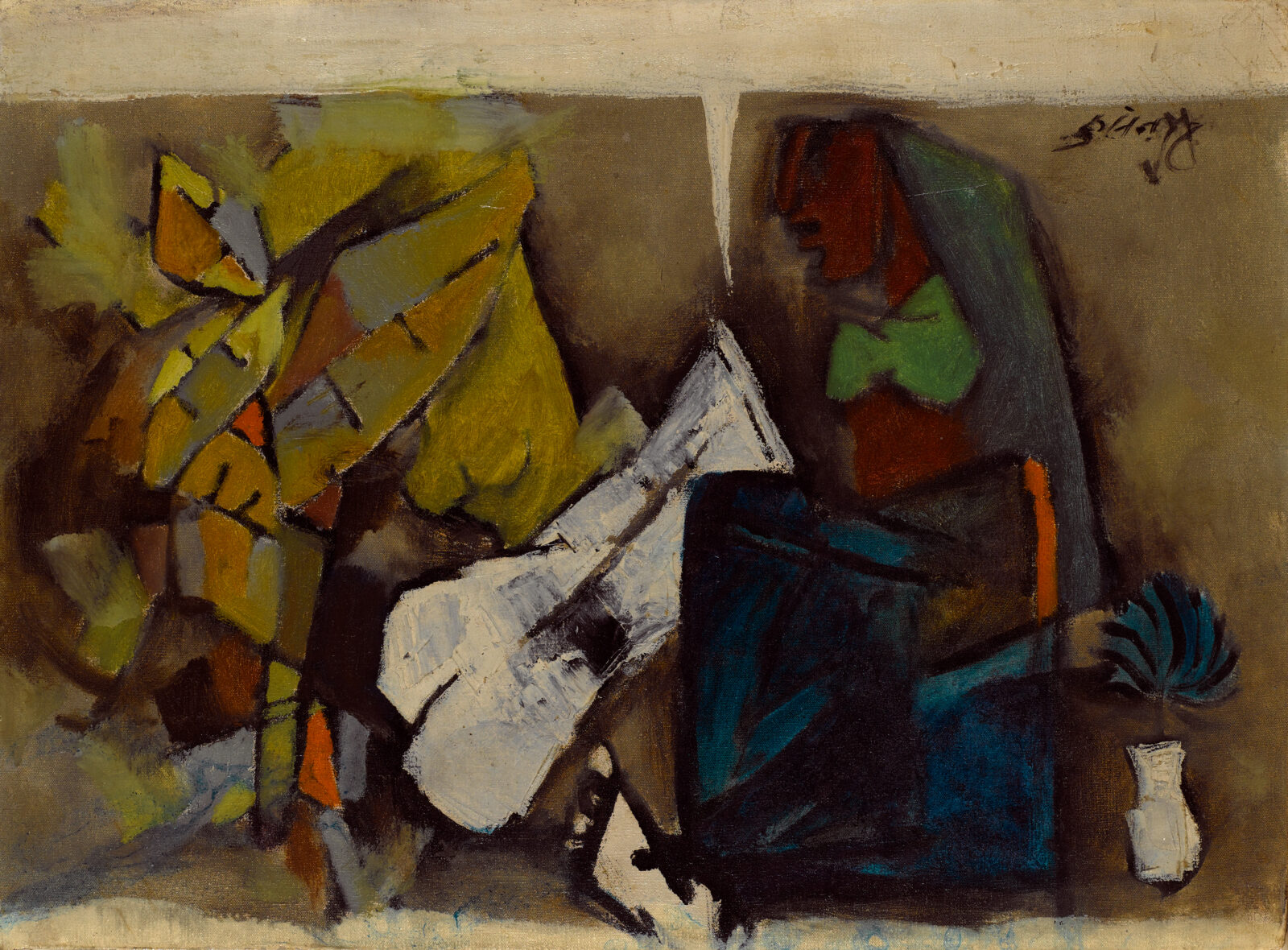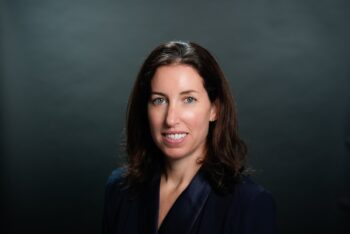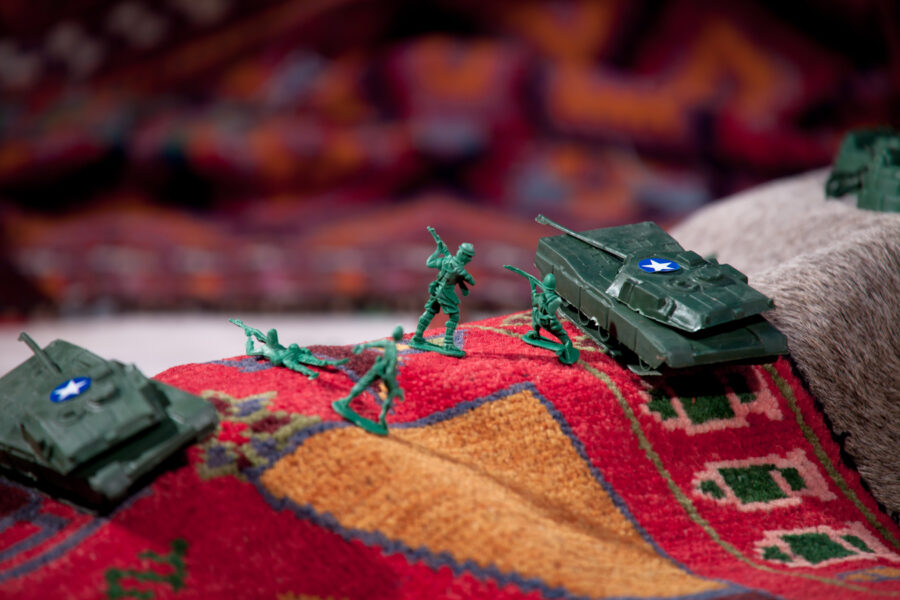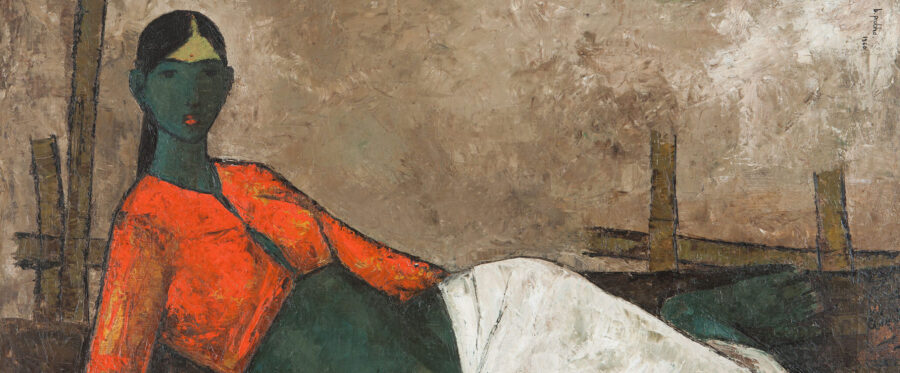Modernist Art from IndiaApproaching Abstraction
Rubin Museum
150 W. 17th St., NYC

Blue Flowers; 1969; M.F. Husain; oil on canvas; Shelley and Donald Rubin Collection
For some leading artists at the core of India’s progressive artistic and intellectual discourses during this period, figuration was a link to social, political, and community concerns, while abstraction was perceived as more personal and individual. At the same time, abstraction was also linked to international trends in modern art.



